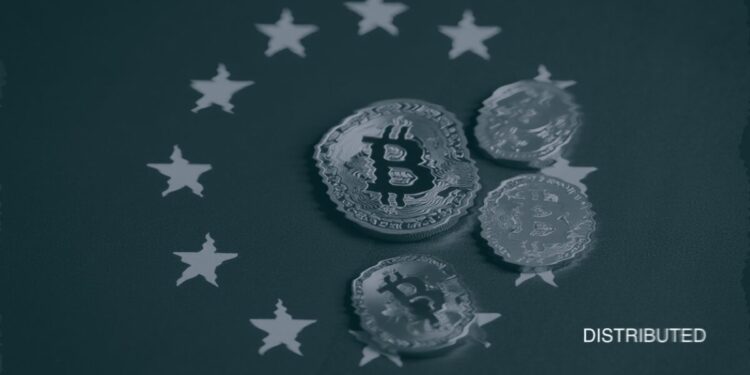- The license was granted by the Commission de Surveillance du Secteur Financier.
- Coinbase joins OKX, Bybit in securing MiCA approval under new European crypto framework.
Coinbase secured a Markets in Crypto Assets (MiCA) license from Luxembourg’s financial regulator, clearing the way for the U.S.-based exchange to offer crypto services across all 27 European Union member states, plus Iceland, Liechtenstein, and Norway.
The license, granted by the Commission de Surveillance du Secteur Financier, marks a major step in Coinbase’s European expansion strategy and comes as part of a broader shift toward unified crypto regulation in the EU.
With the MiCA license in place, Coinbase will consolidate its operations in countries where it already holds national licenses, including Germany, France, Ireland, Italy, the Netherlands, and Spain, into a single regulatory structure.
This change will allow the exchange to streamline compliance while expanding its services to a broader customer base of over 450 million people.
See Related: Norway Considers MiCA Adoption, Explores CBDC For Payments
Luxembourg Chosen for Regional Headquarters
Luxembourg’s proactive approach to blockchain regulation appears to have played a role in Coinbase’s decision. The country has passed four blockchain-related policies through its national legislature and is pursuing what Coinbase described as a “whole-of-government” strategy to support digital asset development.
By selecting Luxembourg as its regulatory base, Coinbase joins other exchanges that have recently received MiCA licenses. These include Bybit, which obtained its license from Austria in May, as well as OKX and Crypto.com, which were approved in Malta.
Although the MiCA license provides passporting rights to all EU countries and several additional European Economic Area members, national regulators continue to compete for crypto industry players.
The exchange called on European policymakers to maintain the current regulatory momentum. The implementation of MiCA is expected to bring greater legal clarity to the crypto sector, standardizing requirements for exchanges, wallet providers, and stablecoin issuers.



